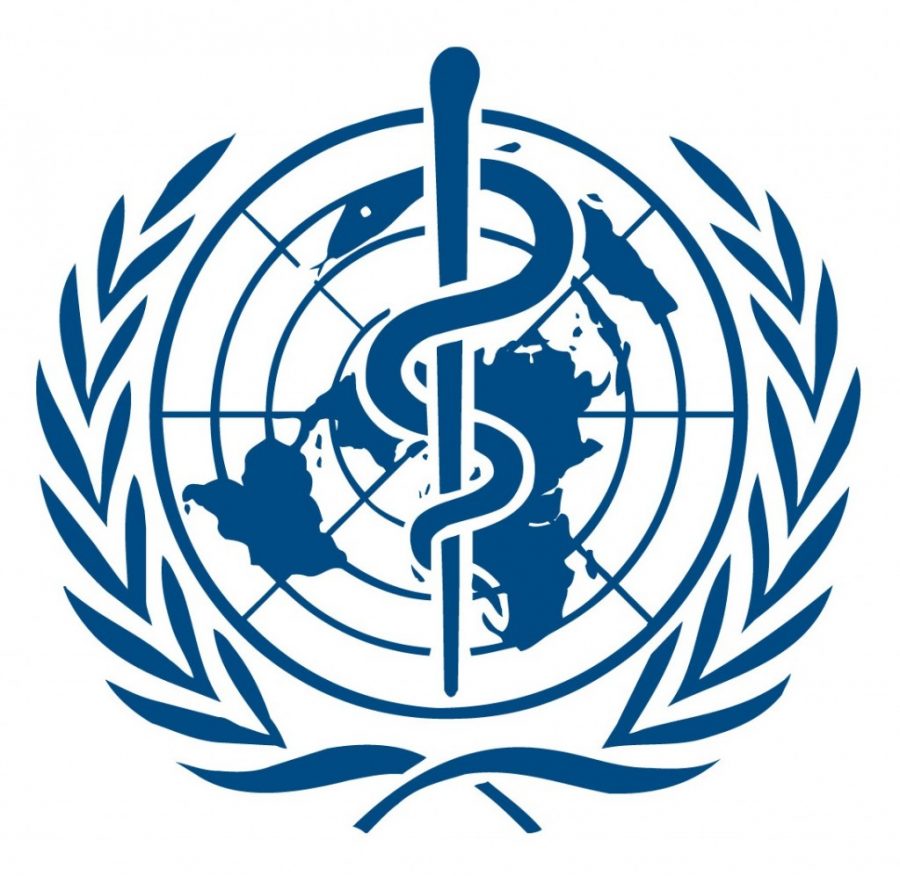Various countries object to WHO cannabis recommendations at recent UN meeting
The World Health Organization (WHO) is losing hopes of its cannabis scheduling recommendations being approved by the United Nations’ Commission on Narcotic Drugs (CND). Two recommendations were initially anticipated to be adopted at the end of 2020. However, during a recent two-day CND meeting, less optimistic outlooks were shared by U.N.-member states.
Individual entities and businesses involved in the legal cannabis industry are keeping the faith that the WHO’s cannabis rescheduling recommendations are successfully voted on. Why? Because international CBD trade could be ameliorated as a direct effect.
The CND’s potential adoption of the WHO’s cannabis rescheduling recommendations means that the industry would not be bound by so many international controls. Relieving the industry of those boundaries could convert to higher overall sales.
What are the WHO’s cannabis rescheduling recommendations?
A total of six cannabis-focused recommendations have been put forward by the WHO. However, just two were discussed in detail at the recently-held CND meeting, which was attended by over 600 participants from hundreds of U.N. member-only states and intergovernmental organizations. The WHO’s cannabis rescheduling recommendations that have raised concerns are as follows:
- Recommendation 5.4 would eradicate cannabis “extracts and tinctures” from Schedule 1 of the 1961 Single Convention on Narcotics Drugs
- Recommendation 5.5 would include a footnote to the cannabis entry in Schedule 1 of the 1961 Single Convention; clarifying that cannabis preparations rich in CBD and with a maximum of 0.2% THC should not be under international control.
A debate erupted regarding the administrative nature of recommendation 5.4. Singapore alerted officials to the fact that the proposal – which would remove cannabis “extracts and tinctures” from Schedule 1 of the 1961 treaty – could “result in loss of control.” Thailand was another country that aired concerns regarding the proposal’s potential to “mislead the general public that they (tinctures and extracts) are not harmful and could be used without any restrictions.”
WHO’s CBD recommendation received no vocal support
Recommendation 5.5, which would enhance trade options for CBD products, gained no vocal support at the meeting. With nobody speaking up to push for the WHO’s CBD recommendation, global businesses that have tapped into this industry are concerned that CBD products will be subject to the restraints of the 1961 Single Convention.
The United States was among the countries that objected against the recommendation, in addition to Brazil, Canada and Kyrgyzstan. On the other hand, numerous countries did not speak up at the meeting; inclusive of European countries. It’s also important to note that a significant portion of the U.N.-member states that dismissed the WHO’s cannabis rescheduling recommendations – including Ghana and Singapore – would not be valid voters in December, since they are not members of the narcotics commission.








